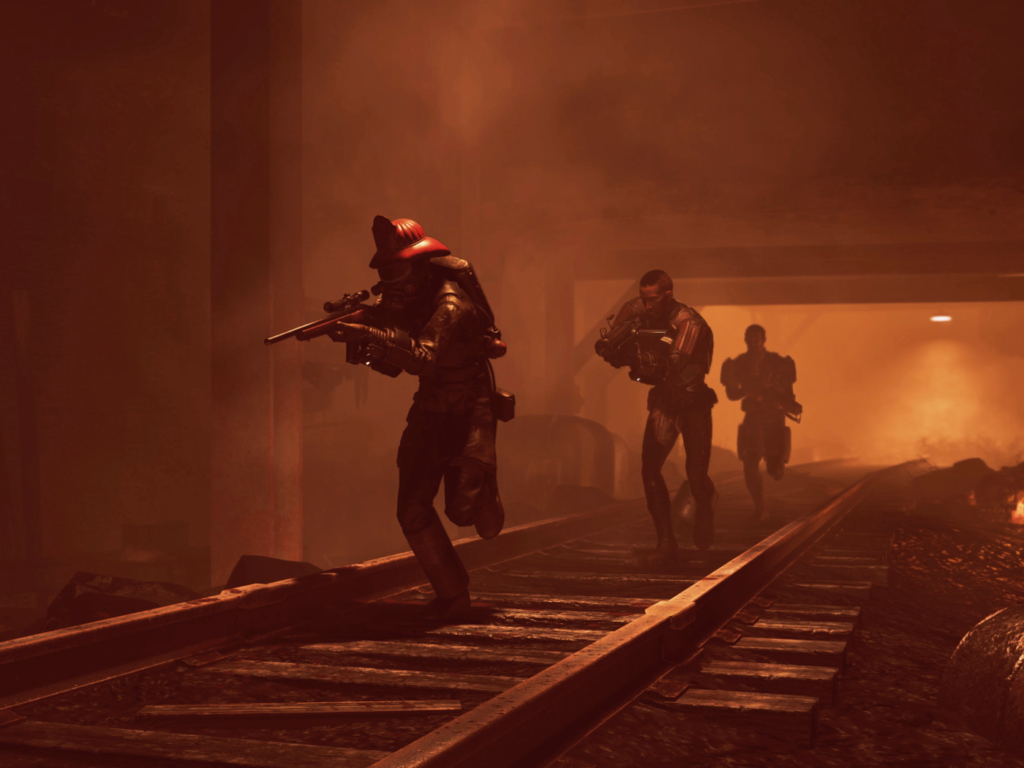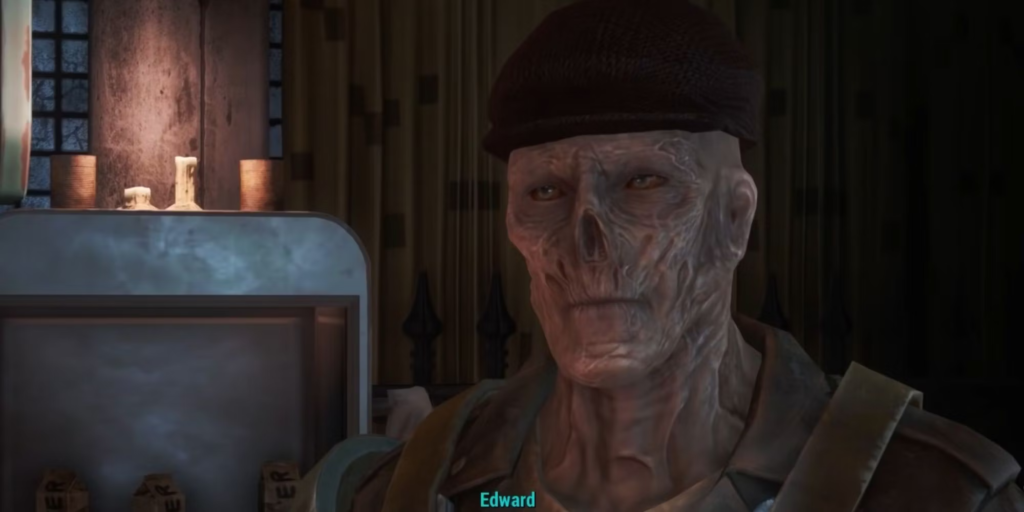The allure of playing as a ghoul has captivated Fallout fans since the inception of the series. From memorable characters like Dean Domino and Raul Tejada in Fallout: New Vegas to John Hancock in Fallout 4, ghouls have played significant roles as both antagonists and companions. Additionally, Fallout 3 introduced the intriguing concept of Chinese Remnant Spies, ancient intelligence operatives stranded in the US after the nuclear apocalypse.
Despite their popularity, the option to play as a ghoul has remained elusive, relegated to the realm of mods. However, Bethesda has unveiled plans to change this with Fallout 76, the online spinoff of the series, by allowing players to embody these iconic creatures.
The announcement of this long-awaited feature came during the Xbox showcase, offering players a glimpse into the upcoming changes. At level 50, players will have the opportunity to transform into ghouls, unlocking unique benefits such as enhanced resistance to radiation and access to ghoul-specific perk cards.
However, this transformation comes with its own set of challenges. Certain factions, notably the Brotherhood of Steel, will harbor animosity towards ghouls, impacting gameplay dynamics and potentially altering the outcome of pivotal quests. Additionally, players adopting the ghoul persona will need to adapt their playstyle, as traditional “bloodied” builds, centered around deliberately maintaining low health to maximize damage output, will no longer be viable due to ghouls’ immunity to radiation damage.

The timing of this feature’s introduction coincides with the growing popularity of ghouls, fueled in part by the portrayal of the character Cooper in the Fallout TV show. Although the show’s success contributed to the decision, developers emphasize that the concept of playing as a ghoul was already in development prior to the show’s debut.
Despite the convergence of interests, Fallout 76 and the TV show will largely remain separate entities, each exploring distinct regions and timelines within the Fallout universe. The inherent lore disparities between the two mediums preclude extensive crossover events, but the ability to assume the role of a ghoul represents a significant milestone for Fallout 76 players.
As anticipation builds for this transformative update, players eagerly await the chance to immerse themselves in the ghoul experience, embracing the unique challenges and opportunities that come with this newfound identity. Whether embarking on quests, forging alliances, or confronting adversaries, the journey of a ghoul promises to be a captivating adventure in the ever-evolving world of Fallout.
The fascination with ghouls in the Fallout universe stems from their captivating portrayal as both tragic figures and formidable survivors in a post-apocalyptic world. From the haunting narratives of ghouls struggling with their mutated existence to the heroic deeds of those who have embraced their condition, these characters have become an integral part of Fallout lore.

Dean Domino’s complex backstory in Fallout: New Vegas, marked by betrayal and redemption, showcases the depth of storytelling that ghouls bring to the series. Similarly, Raul Tejada’s journey from a weary mechanic to a loyal companion highlights the resilience and loyalty often associated with ghoul characters.
In Fallout 4, the enigmatic John Hancock emerges as a symbol of defiance against oppression, leading the citizens of Goodneighbor with his charismatic leadership. His transformation into a ghoul is not just a physical change but also a testament to his unwavering commitment to justice and freedom.
Fallout 3 introduces players to the intriguing concept of Chinese Remnant Spies, adding a layer of intrigue to the game’s Cold War-era setting. These covert operatives, stranded in a foreign land after the nuclear holocaust, offer a fresh perspective on the geopolitical tensions that shaped the Fallout universe.
Despite their diverse backgrounds and motivations, ghouls share a common struggle: acceptance in a world that fears and shuns them. This theme of otherness resonates with players, offering a poignant exploration of identity and belonging amidst the ruins of civilization.

If you like the article please follow on THE UBJ.
